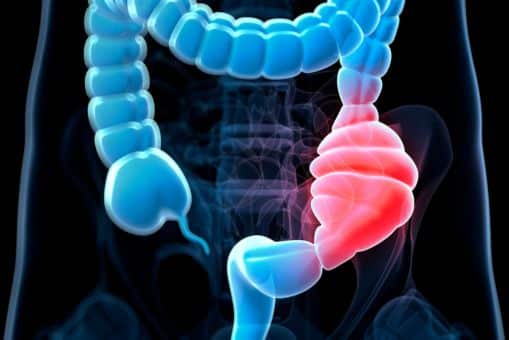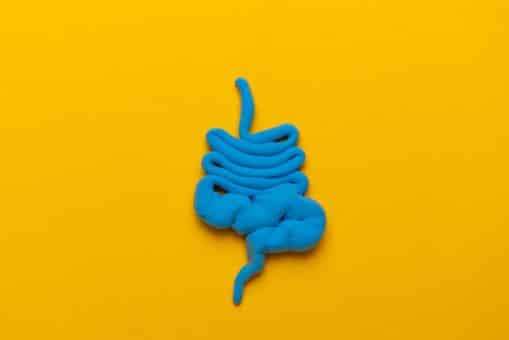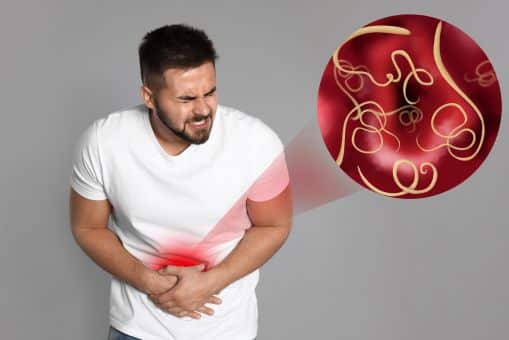Symptoms of an underlying condition?
Gastrointestinal symptoms, also called GI conditions, are common in people of all ages. From mild stomach aches to nausea and vomiting, there are many common GI conditions that you may experience.
While most of these GI symptoms are mild, some may be a cause for concern and may be signs of serious gastrointestinal problems. Regardless of whether you’re experiencing a mild stomach ache or a sharp abdominal pain, it’s important to understand what may be causing you to experience these symptoms.
Common GI conditions and their causes
The following are some common GI conditions and the potential causes of these symptoms.
Diarrhoea

This is when people experience watery bowel movements. This usually lasts for a few days and may go away on its own without any medical intervention.
Cause

Diarrhoea can happen due to many reasons, but it’s more likely to be the result of a bacterial or viral infection. Loose stools may also be caused by gastrointestinal conditions such as Irritable Bowel Syndrome (IBS) and Crohn’s disease.
Abdominal pain

This is when a person experiences pain or discomfort in the abdominal regions. The pain may range from mild stomach aches to sudden, sharp pain.
Cause

Abdominal pain may occur due to many reasons and at different intensities. Causes may include indigestion, food intolerance, and bloating due to gas build-up. This pain can occur in different parts of the abdomen.
Constipation

This condition is when a person is unable to pass stools regularly or is completely unable to pass stool normally at all.
Cause

The common causes of constipation can range from not eating enough fibre to not getting enough exercise regularly. In more severe cases, constipation may be the result of intestinal obstruction or bowel cancer.
How can I get relief from these symptoms?
Here are a few ways you may treat the following common GI symptoms:
Diarrhoea

Diarrhoea can be treated by following a specific diet that includes low-fibre foods and plenty of water. If the condition was caused by an infection, doctors may recommend you take medication.
Abdominal pain

Treatment for abdominal pain depends on the GI condition that is causing it. The pain, however, may be treated by placing a hot water bottle on the affected area and drinking plenty of water.
Constipation

Constipation may be treated by eating foods rich in fibre, drinking plenty of water, and taking medication such as stool softener. Constipation caused by bowel obstruction may require surgery.
These treatments may not be applicable to everyone and you should always talk to a gastrointestinal specialist before obtaining treatment.
When should I see a doctor?
If you're experiencing more severe GI symptoms, such as prolonged diarrhoea, severe abdominal pain, blood in stool, and vomiting, you should see a gastrointestinal specialist immediately.
Symptoms like these may indicate more complicated gastrointestinal problems.
FAQs
Is sharp abdominal pain a sign of stomach cancer?
Will diarrhoea go away on its own?
Is it alright to eat before going for a gastroenterology appointment?
Consult a specialist if you’re experiencing gastrointestinal symptoms
Dr. Suhirdan Vivekanandarajah is an experienced gastrointestinal specialist based in Sydney, Australia. He has undergone years of training in providing the best possible support to help patients find relief for their gastrointestinal conditions.
Book a consultation today.
